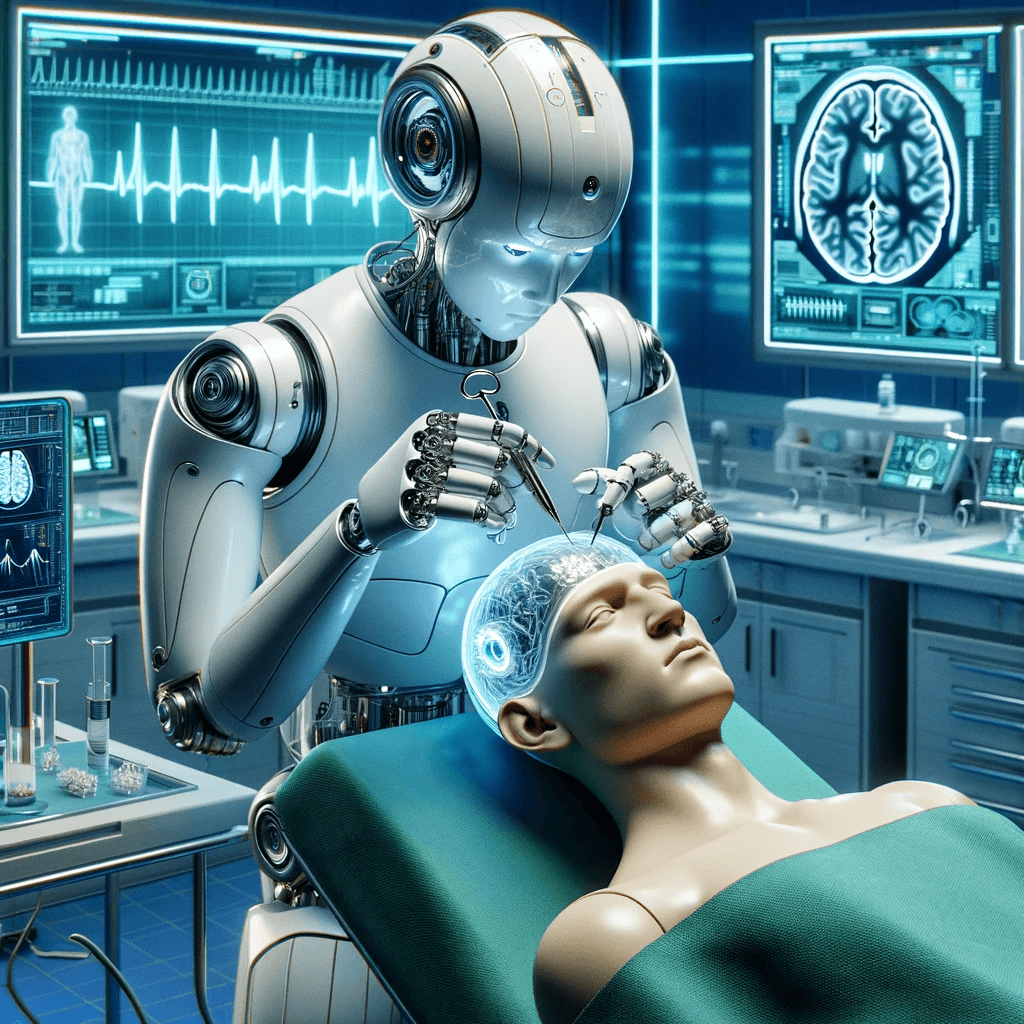The chip should provide a variety of health and scientific benefits, including the ability to measure brain activity and give people with physical or mental disabilities new abilities. However, Musk's company and Musk in general have a problematic history

During an unprecedented project, Neuralink, Elon Musk's company, implanted a brain chip in a person for the first time. This revolutionary action was revealed in a tweet by Musk on the social media platform X, who wrote: “The first person received a transplant from @Neuralink yesterday and is recovering well. The initial results show a sharp detection of the activity of the neurons".
Neuralink worked for months to find a candidate for the experimental surgery, during which a microscopic chip was implanted in the top layer of the human skull. The goal: to provide medical and scientific benefits, such as monitoring brain activity and granting new abilities to people with physical or mental disabilities.
In order to implant a Neuralink chip, an operation is conducted by a human surgeon who drills a small hole in the patient's skull, after which a robot named "R1" is responsible for performing the "very delicate" operation of implanting the electrical wires of the chip directly into the brain. If the surgery is successful, the company's hardware is designed to reside in a section removed from the patient's skull, under the scalp, with its tiny wires transmitting data between the brain and the company's servers.
The identity of the patient who underwent the surgery was not disclosed, but Neuralink stated that it is initially focused on developing solutions for people with disabilities. However, Musk said the ultimate goal is to develop cybernetic "enhancements" for the wider population, what he calls transhumanist "brain hacking."
Telepathy with a computer and restoring sight to the blind
One of the important details that Musk revealed is that Neuralink's first flagship product is called "Telepathy". The product enables control of a phone or computer, and through them any other device, just by thinking. The first users of the product will be people who have lost the use of their limbs. Musk envisions a reality where a scientist like Stephen Hawking can communicate faster than a fast typist.
Musk also mentioned another product Neuralink is working on, Blindsight, which is designed to help restore vision. This demonstrates the scope of potential company influence, not only in the field of physical disabilities but also in the restoration of other essential functions.
Professor Anne Wenhustenberg of King's College London assessed Neuralink's investment in this technology as a "considerable milestone". However, reports of animal suffering in early trials have raised ethical questions and demand greater transparency from the company.
Neuralink's success in implanting a brain chip in a person is the opening of a new chapter in the field of brain-computer interfaces, and points to the great potential for improving the lives of people with disabilities. However, the ethical questions arising from interfering with the human brain and the possible effects on privacy and autonomy must also be addressed.
Neuralink's technology offers a breakthrough for people with disabilities, but also raises questions about ethics, policy and public access to this technology.
Musk is known for his big promises, but he has a mixed record of delivering on them. For example, in 2016 he was wrong in predicting that within two years Tesla would drive autonomously from New York to Los Angeles, and that his space company, SpaceX, would fly to Mars in 2018 – something that has not yet happened. A Reuters report highlighted that Neuralink was fined for violating US Department of Transportation rules regarding the transportation of hazardous materials. This raises questions about the company's safety responsibility and how it deals with dangerous materials and processes.
Careful consideration and continued monitoring of the Neuralink technology is required. The potential inherent in implanting neuronal chips in a person is significant, but also requires a broad discussion of ethics, safety and impact on society.
-
